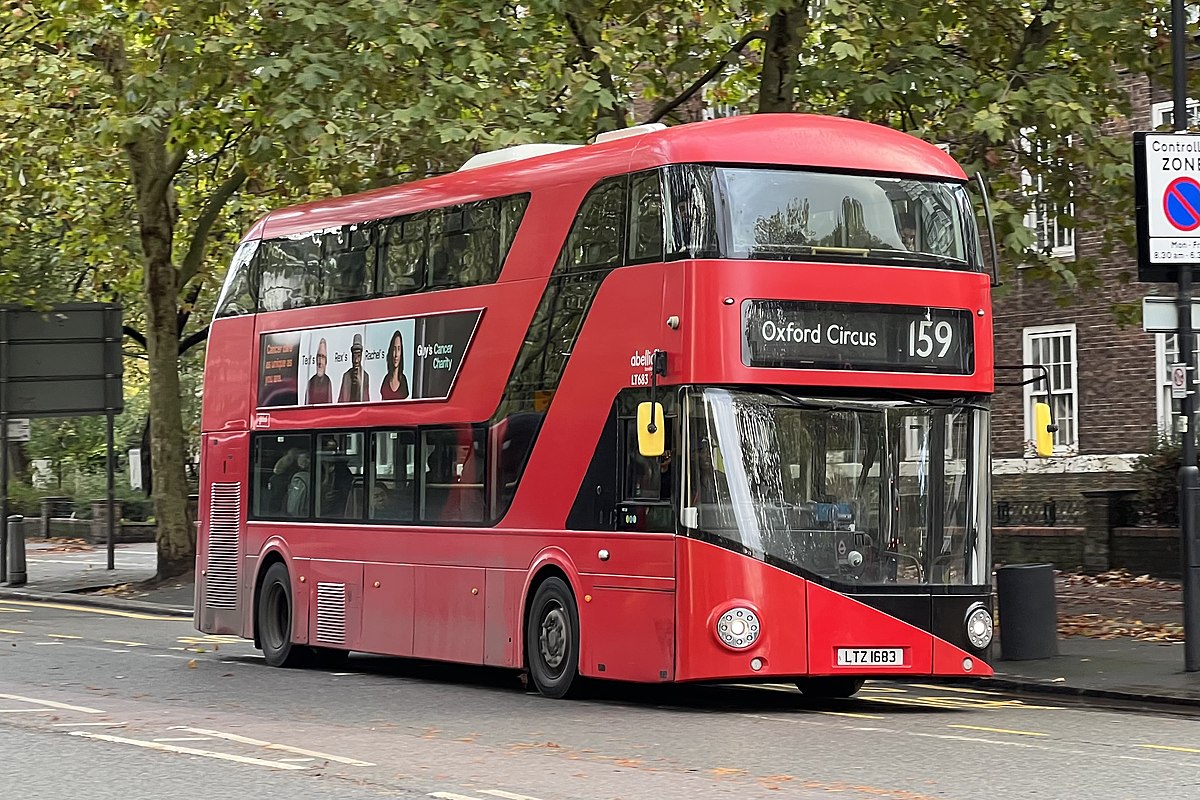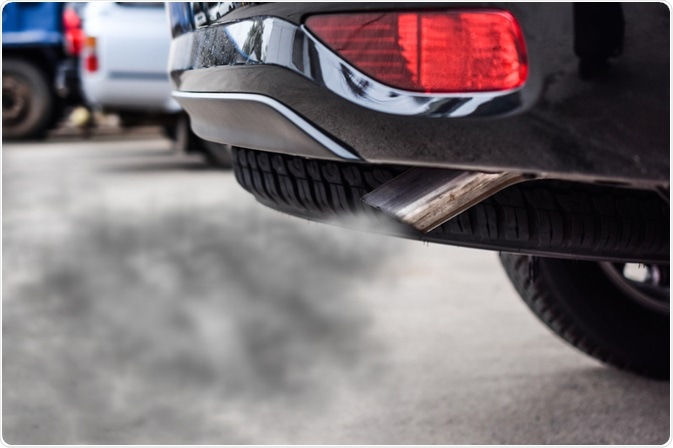ALFAitalia
MB Enthusiast
- Joined
- Feb 19, 2022
- Messages
- 8,711
- Location
- Bognor Regis
- Car
- 2010 Mercedes W212 E Class E350 CDI Sport, 2006 Mercedes W169 A Class A170.
Blowing a hooley daan saaf too!
Follow along with the video below to see how to install our site as a web app on your home screen.
Note: This feature may not be available in some browsers.
So in other words, 89% of the fleet isn't zero emission.From Wikipedia, the free encyclopedia
There are 3,835 hybrid buses, 950 battery electric buses, and 20 hydrogen fuel cell buses operating in London, as of March 2023, out of a total bus fleet of 8,643 - this is around 56% of the bus fleet.
That many people cannot afford.No doubt, clean air comes at a price.
But it’s only those people who are passionate about climate issues who are dramatic, is that right?How dramatic. Although i appreciate drama is very much in keeping with the current vogue for all things related to climate.
Sadly the climate alarmists have even weaponised that. Extreme weather alert!
So in other words, 89% of the fleet isn't zero emission.
Hardly surprising as BEV buses (from China) are expensive. £400k for the bus, with a new set of batteries every six years.
Hi , When the new Route master bus was introduced may understanding that the vehicle was a type of battery bus backed up by a diesel engine.

That many people cannot afford.
WhatAboutism??True, but then the same argument could be levelled at almost any mandatory H&S regulation that cost money to implement: "yes, it will prevent illness and save lives, but it's too expensive and we can't afford it". I am just asking why it sounds unacceptable when it comes to the workplace, but not to clean air?
How dramatic. Although i appreciate drama is very much in keeping with the current vogue for all things related to climate. We must have alarmism! Helps to justify the unfair taxes.
Imagine instead a pragmatic approach. Where the urban geography creates conditions similar to an enclosed space adapt existing technology used to disperse pollution in enclosed spaces. Tunnels for example use systems of fans to disperse pollution as and when required. Adapt this technology to use in these hot spots.
WhatAboutism??
Why just the city centres? Why not the entire country?I am not trying to deflect... just to point out that we're talking about keeping people healthy and potentially also saving people's lives.
It would be very sad if it did turn out that we can't afford to have clean air in our city centres.
Why just the city centres? Why not the entire country?
At the end of the day we’re not actually trying to keep the people healthy. Only some of them.
I'm very unimpressed with the argument that conversion to EV is justified purely by "saving people's lives" from pollution. (Climate change: that's a different matter)I am not trying to deflect... just to point out that we're talking about keeping people healthy and potentially also saving people's lives.
It would be very sad if it did turn out that we can't afford to have clean air in our city centres.
I'm very unimpressed with the argument that conversion to EV is justified purely by "saving people's lives" from pollution.
Yes, we know that a girl died from asthma in Lewisham, having lived in a disgusting Council flat on a main road, but we also know millions have lived to a ripe old age in a much filthier London than our current one. Heck, we even know that more people suffer from asthma in our current cleaner air, than suffered from asthma in "the good old days." There are other factors going on here.
We need to put numbers on the the cost and benefit.

As @markjay mentions the population density is dramatically different in major cities compared to remote rural areas. Not only are there far fewer people to be affected there are also far fewer vehicles spread over a much larger area, meaning that local emissions are not concentrated in the same way as they are in city centres.Why just the city centres? Why not the entire country?
At the end of the day we’re not actually trying to keep the people healthy. Only some of them.
We use essential cookies to make this site work, and optional cookies to enhance your experience.
